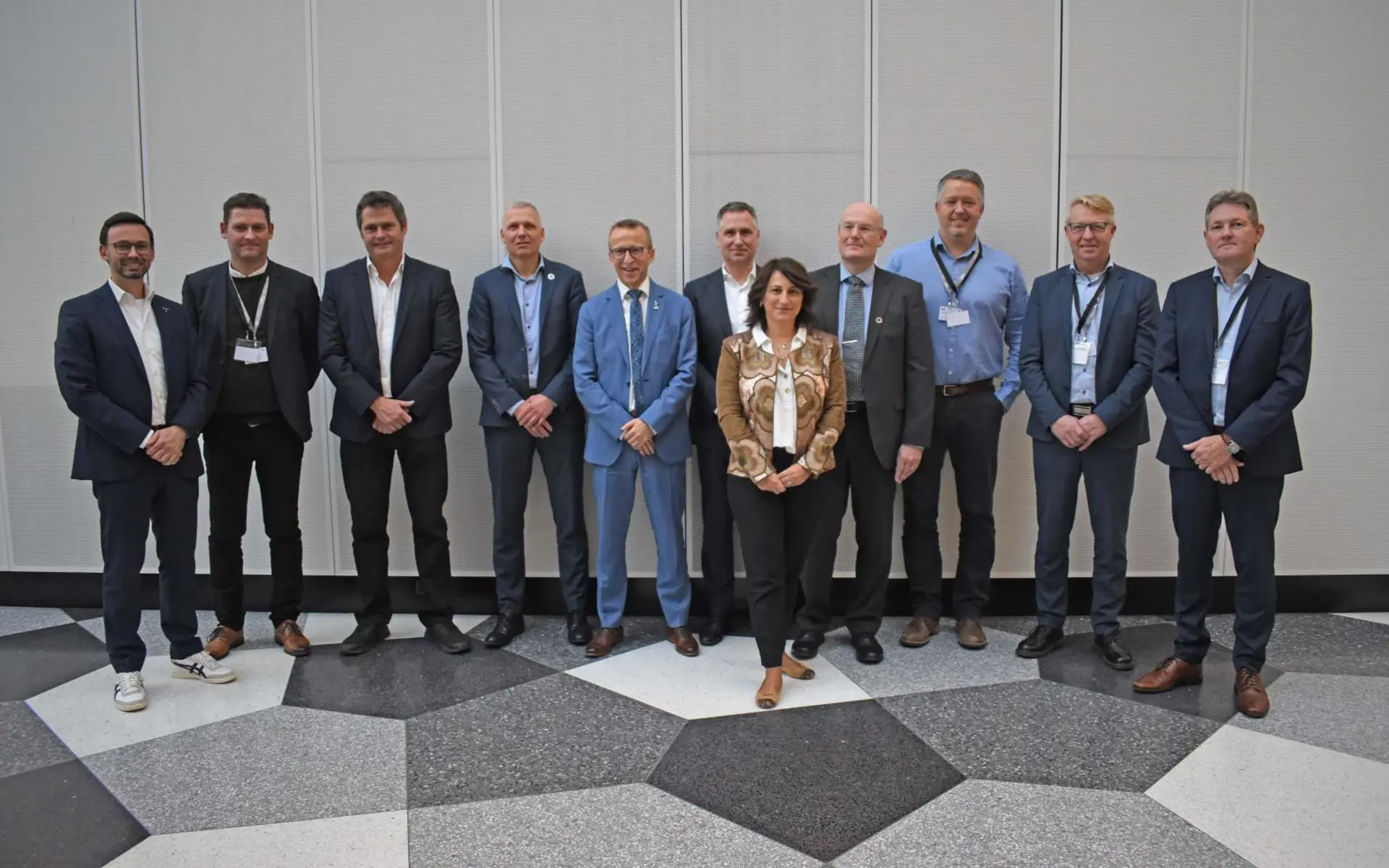BP supports APQP4Wind as part of its move towards renewable energy
BP (formerly known as British Petroleum) is one of the world's largest integrated oil and gas companies. The company is involved in almost every step of the oil and natural gas supply chain, from exploration to the sale and marketing of energy products. As one of the largest players within the global energy industry, their global footprint is significant as they retail their products all over the world.
However, by 2030, BP aims to be a very different kind of energy company. They will do so by scaling up investment in low carbon, focusing their oil and gas production, and making headway on reducing emissions. Their strategy kickstarts a decade of delivery towards their ambition to be a net-zero company by 2050 or sooner.
BP’s new sustainability frame takes an integrated approach while focusing on the areas where they believe they can make the most difference. One of them is by advocating for standardization within quality management and, thereby, supporting the APQP4Wind method by becoming APQP4Wind Company Member. Vice President of Engineering and Quality at BP, Richard Mortimer says:
“Traditionally, in the oil and gas industry, we have many different operator-led ways of specifying equipment and specifying quality management systems for OEMs. This way is unnecessary; it is wasteful. Therefore, we are hugely supportive of an APQP4Wind standardization approach across the sector.
Richard Mortimer acknowledges the foresight of the OEMs and suppliers within the APQP4Wind organization and the work that they have done so far, as it has taken a long time for the oil and gas industry to reach the same conclusion, he adds.
Collaboration across the sector is key
From the beginning, the quality assurance methodology APQP4Wind has been developed by OEMs and suppliers within the APQP4Wind Community who have worked towards improving the APQP4Wind Training, Manual, etc., and expanding the reach of APQP4Wind in mutual collaboration.

Today, the APQP4Wind Community is ready to expand, and welcoming utilities like BP as Company Members is an important milestone, the General Manager of APQP4Wind, Kim Nedergaard Jacobsen says:
"The next step is to get full adoption of APQP4Wind throughout the supply chain, where it is necessary to include the operators and utilities. Therefore, I am very pleased that utilities like Ørsted, Vattenfall, and now also BP see the great benefits of implementing APQP4Wind and choose to fully support the framework with their valuable insights.”
According to Richard Mortimer, the combination of a massive technology scale-up, shortage of technically qualified results, and a local content requirement might create the perfect storm for potential quality defects. This can only be managed in a cross-sector way to which APQP4Wind’s approach is crucial, he states:
“As I see it, APQP4Wind is the only organization out there that is addressing the issue of potential quality defects with a sector-wide approach. Therefore, I can confidently say that as an APQP4Wind Company Member, we intend to support the APQP4Wind Community with engagement and advocacy and encourage other historically oil and gas operators that are also interested in renewable energy to consider doing the same.”
About BP:
The multinational oil and gas company is headquartered in London, England, with roots in the Anglo-Persian Oil Company founded in 1908. BP has 63,600 employees across 70 locations as it is an integrated energy business with operations in Europe, North and South America, Australasia, Asia, and Africa. Visit their website for more information: www.bp.com.